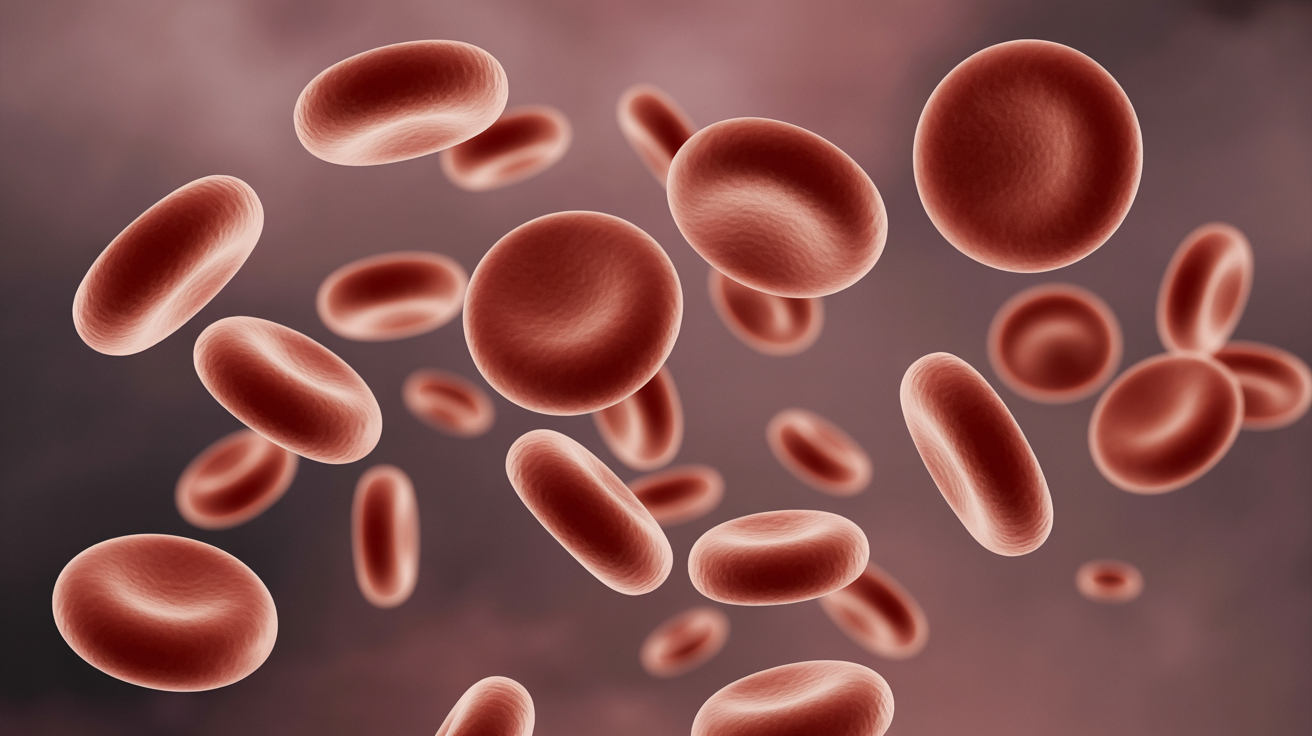By Futurist Thomas Frey
A new frontier in transplant medicine has just cracked one of its most entrenched constraints: blood type compatibility. Scientists have successfully converted a donor kidney’s blood type from A to O before transplantation, dramatically shrinking the barriers that prevent thousands from getting the organs they need. IFLScience
This isn’t incremental progress. It’s a glimpse of a future in which universal organs are the norm, not the exception—and where the mismatch between donor and recipient becomes an artifact of the past.
From Type-A to Type-O: The Breakthrough
In experiments on human donor kidneys, researchers used enzyme “molecular scissors” to selectively remove A antigens—surface markers on red cells and organ tissues that trigger rejection when mismatched. Those treated organs, now effectively blood type O, were transplanted into a brain-dead recipient with high anti-A antibodies, yet no immediate hyperacute rejection occurred. IFLScience
Earlier work at Cambridge and elsewhere had shown the same technique with B antigens. But this new demonstration pushes the technology from theory closer to clinical reality.
Historically, organ allocation has been constrained by matching: blood type A cannot safely go to type B or O recipients, and vice versa. This limitation has cost countless lives. But converting organs at the molecular level undermines that constraint.
Why This Changes Everything
If organs can be universally “dialed” to an O baseline, a cascade of consequences follows:
- Donor pools multiply: Any donated organ, regardless of original blood type, could be compatible with any recipient.
- Waiting lists shrink drastically: Millions who wait years or die waiting for a suitable match could get transplants far faster.
- Organ markets restructure: Organ rejection risk, which today drives complex immunology protocols and limited matching, becomes a secondary concern.
- Healthcare economics shift: Many costs tied to compatibility and rejection—extensive immunosuppression regimes, backup organs, and mismatch failures—could shrink.
For decades, immunology has been the gatekeeper of transplantation. Now, molecular engineering is rewriting the gate.
The Ethical, Logistical, and Social Hurdles
That said, the road from lab to operating theater is perilous. Several challenges loom:
- Long-term immune response: The experiment did not show perfect immunity. Some signs of immune reaction appeared on day 3 in the recipient, though the researchers believe this can be managed with improved real-world protocols. IFLScience
- Safety protocols and regulation: Editing antigens on organs will face stringent regulatory scrutiny. Off-target effects, subtle antigen variants, or latent immunogenicity must be exhaustively tested.
- Access and equity: Will this remain a technology accessible only to wealthy healthcare systems, or will it be democratized globally?
- Ethical lines in engineering life: Once organs become editable, will we see pressure to optimize health, longevity, or performance beyond basic compatibility?
Still, these hurdles are real—but not insurmountable. The core barrier—blood type mismatch—has just been cracked.
A 2040 Scenario
By 2040, transplant medicine looks radically different:
- Universal organ banks supply kidneys (and eventually hearts, livers, lungs) editable on arrival into any blood type.
- Waiting lists for donor organs decline by 70–90% globally.
- Transplants for rare blood groups (AB, Rh variants) become routine rather than exception.
- Immunosuppression regimens are simplified, relying more on molecular conditioning than long-term drug cocktails.
- Organ tourism diminishes as cross-border transplantation becomes safer and more interoperable medically and legally.
In this paradigm, needing a transplant would no longer mean counting on impossible matches. It would mean accessing an organ convertible to your biology.
Final Thoughts
The demonstration of converting A-type kidneys to O-type is more than a medical milestone. It’s the threshold of a new age in which organs are no longer constrained by compatibility. That shift will ripple through medicine, ethics, economics, and identity.
We must begin now to ask: What does it mean when biology becomes editable at the systemic level? Who gets access? How do we regulate it? Will organs become commodities or fundamental human rights?
The birth of universal organs will rewrite not only how we heal, but how we trust our bodies and our shared future. The molecular scissors have been unsheathed. The question is whether we wield them wisely.
Read more on related topics:
- The Genetic Awakening: Humanity’s First Generation of Disease-Free Children
- The AI-Agent Economy: Who Builds the Builders?


